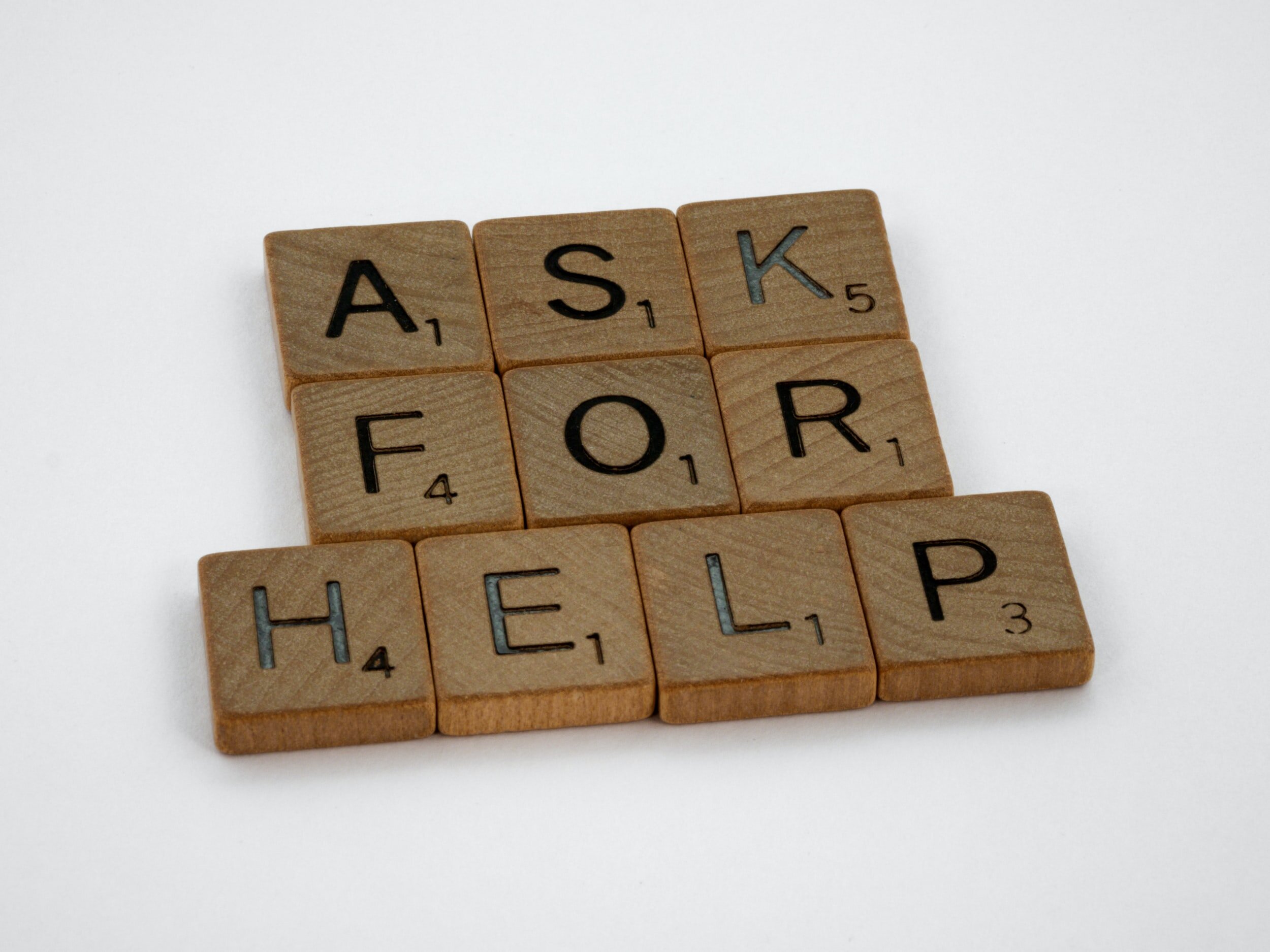Daily Life | IBD

Photo by Brett Jordan on Unsplash
Wooden scrabble tiles say “ask for help.”
September is a time of change. Whether you’re a student beginning a new academic year, a parent sending their kids back to school after the summer, or just enjoying the change in seasons, it is an eventful time. With schedules becoming increasingly packed, it is easy to let self-care habits fall to the wayside. Nevertheless, as IBD warriors, we know just how important it is to prioritize taking care of ourselves. While self-care can look different for each individual, in times of high stress and flare-ups, one part of it is always important to maintain: asking for help.
If you’re like me, a lot of the time you may feel too proud to ask for help. Instead, you try to power through all the aspects of having a disease along with having a life. While suffering through the symptoms of an abscess caused by Crohn’s in my senior year of high school, I simultaneously tried to keep up with my academic classes, extracurriculars, and physical fitness. As I found out, however, there’s only so long that one can only run on fumes.
Despite the constant pain of those few months, I was determined to keep up with everything I had to, even when the simple act of walking caused excruciating pain. I simply did not want to acknowledge the fact that something was wrong, so I kept my symptoms to myself. The pain of the abscess caused me to limp, which I tried to hide, caused a huge flare in anxiety, which I kept to myself, and of course, changed my bathroom habits, which I simply tried to laugh off.
Eventually, the abscess became infected, which caused fevers that would literally fog up my glasses. I could barely sleep at night because of the pain and the chills caused by the fever; I was truly in a rough shape by that time. I had no choice but to do what I should have done weeks earlier: ask for help.
Looking back on this time, I regret not listening to my body and reaching out to my doctors sooner. Plainly put, I was stubborn. What I needed to learn is that there is no shame in asking for help; it doesn’t show weakness, but strength. Being able to listen to your body, and asking for help when things are wrong, are two of the greatest strengths a person can have, and critical to true self-care.

Photo by Kelly Sikkema on Unsplash
Two hands meet holding a black paper heart.
It can be scary when your IBD flares, so be sure to have people around you willing to help you through it. Be sure to make your needs known; don’t wait for friends and family to guess what you need. Tell them upfront if you need a day to yourself, need someone to fetch you the heating pad, or even a barf bucket. Don’t let embarrassment over your symptoms stop you from getting the help you need.
While support from friends and family during a flare-up is important, the most critical thing is to tell your doctors what’s going on. The professionals are the ones to help get you better, don’t neglect them because you’re trying to tell yourself you’re okay. It’s okay not to be okay. And doctors play the most crucial role to recovery after a flare. At the first sign that something isn’t right, make an appointment. Even if it’s something small at first, you never know how symptoms will spiral with IBD, so make sure your doctor knows what’s going on with your body at all times.
I know that this advice is much easier said than done, and all of these points are things I’m still working on myself. Nevertheless,I believe that asking for help is truly the best thing you can do for self-care. The ability to seek help when you need it shows that you can’t only rely on yourself and the things you can do to fix any problems and that sometimes, self-care means letting others take care of you.

Holly is a 22 year old university student in Nova Scotia, Canada, studying linguistics and English at Saint Mary’s University. She loves reading and writing, as well as singing in her community choir.
Coming from a family with plenty of autoimmune diseases, including a sister with Crohn’s, Holly wasn’t too surprised at being diagnosed with Crohn’s herself in 2012 at the age of 13. From dealing with feeding tubes, surgeries, hospital stays, and all the fun things that come with an IBD diagnosis, Holly still maintains a good sense of humor about her illness, and wants to help normalize talking about being sick.
